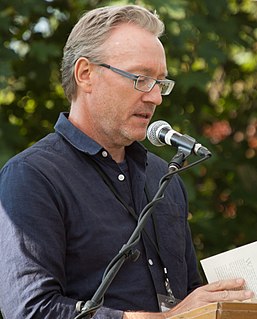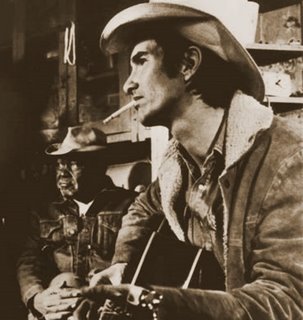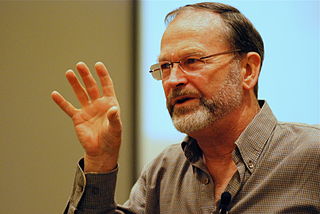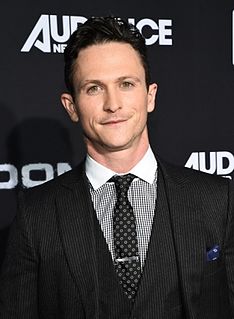A Quote by David Suzuki
If we humans are good at anything, it’s thinking we’ve got a terrific idea and going for it without acknowledging the potential consequences or our own ignorance.
Related Quotes
I have a new theory of history, which is certain things happen because they seem like a good idea at the time. And suburbia seemed like a good idea at the time, but it was a special time and place in history, with special dynamics. And now, we're going to have to live with the consequences of that. And the consequences will be tragic.
The phenomenon of economic ignorance is so widespread, and its consequences so frightening, that the objective of reducing that ignorance becomes a goal invested with independent moral worth. But the economic education needed to reduce such ignorance must be based on austere, objective, scientific content—with no ideological or moral content of its own.
Vanity is so frequently the apparent motive of advice that we, for the most part, summon our powers to oppose it without very accurate inquiry whether it is right. It is sufficient that another is growing great in his own eyes at our expense, and assumes authority over us without our permission; for many would contentedly suffer the consequences of their own mistakes, rather than the insolence of him who triumphs as their deliverer.
This planet is an exquisitely arranged and interconnected system. What's controlled in one place is going to have consequences in another place. Our job as gardeners is to try and figure this out no matter how small our allotted space might be. Discipline has to be the watchword for our controlling hands. It means not gardening without thinking of the garden as a habitat: for mice, for squirrels, for bees and wasps. For other living creatures beyond ourselves.
It will be good for us in the long run, and I mean there are six and a half billion people in this world. And it's great for 300 million to keep enjoying more and more property, but I think it's terrific if the remainder do. And I think if they can learn something from us in terms of our system, and I think they have, they are learning more about how to unleash the potential of their citizenry to turn out more goods and services that their citizens want or that we want, I think that's terrific.
'Paycheck,' I thought, was a really, really good idea. I never got an opportunity, unfortunately, to read the novel, but I loved the idea of how to deal with intellectual properties. I just don't know that we necessarily got to the heart of that particular idea. I think it became more of a chase movie than anything else.




































